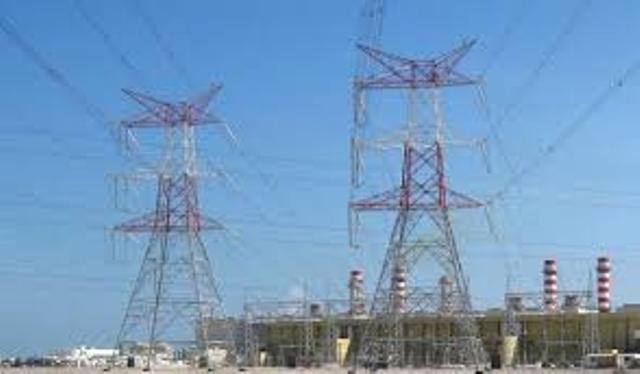
Desperation to fix the unending electricity supply challenge in the country appears to have triggered adoption of some innovative and efficient strategies that can provide some glimmer of hope to what has become an open sore in the country. The emerging trend is encouraging and should be sustained. Government should work to attract more potential investors, in this connection.
Not long after the Torankawa community launched a solar powered project in Yabo Local Government Area of Sokoto as a success story this newspaper noted the other day, another feat has been recorded under the Independent Power Project (IPP) of the Federal Government in Edo State.
Delivered ahead of schedule and on budget, the 450 megawatts (MW) Azura IPP has emerged as the gold standard for project execution, especially, in the power sector. This is cheery at such a time like this.
Unfortunately, this project may be impossible to replicate elsewhere because of Federal Government’s unwillingness to grant Sovereign Risk Guarantees (SRG) to new projects and this should not be the case. Government should be up and willing to back any workable framework that could pull Nigeria out of the electricity supply reproach.
The issue of government’s reluctance came up at the 19th edition of the Centre for Petroleum Information (CPI), Energy Finance Forum, an annual event set up to share knowledge on the energy sector and to network at very top level.The success recorded in the Azura IPP makes it imperative for the Federal Government to be willing to agree to back similar projects on the same terms as Azura. And, except that is done, new projects would be difficult to reach financial closure.
It is therefore not surprising that several uncompleted IPPs litter the country.In the case of Azura, the promoters were wise enough to present a watertight project complete with partial risk guarantee from the World Bank and backed by the government.
A default would cause reputational risk for Nigeria in the event that the Federal Government decides to treat the contract in its usual cavalier manner.The uniqueness of Azura, therefore, has been that the project was backed by a Partial Risk Guarantee (PRG) from the World Bank, meaning that if the power generated is not paid for the World Bank would pay for Azura.
By that guarantee, the project was more or less a World Bank loan to the Nigerian government. Thus, Azura coming on stream potentially could increase Nigeria’s sovereign debt portfolio in the event of a payment default by the Nigerian Bulk Electricity Trader (NBET) to Azura.
It is not surprising that since Azura, every investor now wants a SRG but a reportedly cash-strapped Federal Government was forced to dip hands into the N701 billion intervention funds meant for power generation companies to settle obligations to Azura. This development surprised the Electricity Generating Companies (GENCOs), as government had been unwilling to grant SRGs to new projects from solar power projects to gas fired plants.
Thus, the illiquidity faced by the DISCOs has forced every investor to seek the Azura-style commitments before coming into the sector.The debt financing for the $900 million Azura power project was provided by a consortium of 15 banks from nine countries including most European development finance institutions.
Part of the reason the Azura project was able to get funding and construction started is attributed to government’s commitment to it and it has a very solid power purchase agreement based on realities on the ground.
It is not longer news that Nigeria is one of the most expensive countries to generate power and if they are being paid according to the terms of the power purchase agreement, there is nothing wrong with that.Like the Torankawa solar power, Azura is the first Nigerian power project to benefit from both the World Bank’s “Partial Risk Guarantee” structure amounting to $237 million, used to build the plant.
The political risk insurance was supplied by the Multilateral Investment Guarantee Agency, while Azura delivered on the budget and ahead of schedule by seven months. The project could raise Nigeria’s peak generation from 5,155 MW to over 5,500 MW. This sort of incremental improvement in power generation would certainly make a difference.
Given the efficiency with which Azura was conceived and implemented, the onus is on government to replicate the feat elsewhere and by that prove that it is determined to overcome the power supply problems. Government has the capacity to ensure that all encumbrances that could hinder it are removed in public interest.
END

Be the first to comment